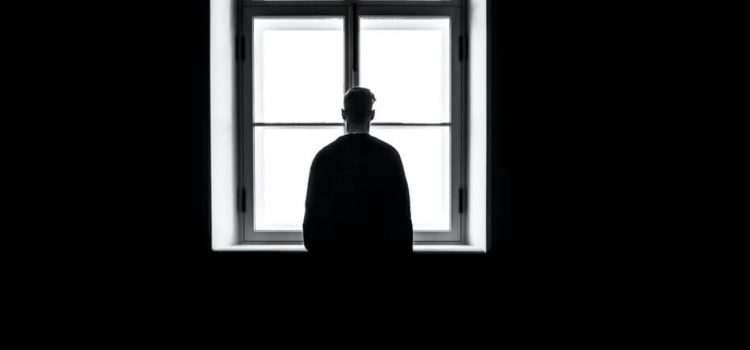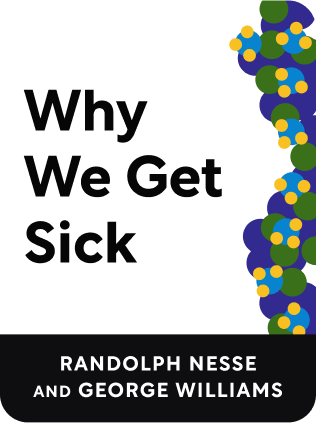

This article is an excerpt from the Shortform book guide to "Why We Get Sick" by Randolph Nesse and George Williams. Shortform has the world's best summaries and analyses of books you should be reading.
Like this article? Sign up for a free trial here .
Why is depression on the rise? What does depression have to do with evolution and social standings?
According to Darwinian Medicine, depression has functions in social standing. Low serotonin levels help mediate hierarchies in a social structure and maintain peace. However, today’s society is much different than the Stone Ages and depression is on the rise.
Continue reading for more information on why depression is on the rise, according to evolutionary scientists.
Depression and Social Standing
Why depression is on the rise might have to do with evolution, according to Darwinian Medicine.
Depression has functions in signaling social standing:
- It suppresses action in people whose abilities may threaten their superiors. This avoids the threat of retaliation and protects the high-ability people.
- Depression results when a person cannot win a hierarchy battle yet refuses to yield. Depression kicks in to serve as an involuntary signal of submissiveness.
Researchers studied a primate group and removed the alpha male. They then randomly chose another male and gave him antidepressants. That male reliably becomes the new alpha male.
Serotonin may therefore function in mediating hierarchies within a social group.
Why Is Depression Rising?
Compared to prehistoric environments, our modern environment may increase the risk of depression by disrupting our place in society
Competing With the World
Mass communications make all of humankind one competitive group.
In the Stone Age, we happily compared ourselves within a tribe of 100. Within this small group of people, you were likely good at something and valued for what you did. This made your life feel purposeful.
Now, with the advent of mass media, we compare ourselves to the best of 7 billion other people. You find it harder to be particularly good at anything. Compared to sports stars, beautiful models, and dashing entrepreneurs, you may feel average in nearly all respects, and you see your family and friends as similarly inadequate. Because of social media, you might also believe your life is less fulfilling and exciting than those of your friends.
Disintegrating Communities
We have a primal need for a secure place in a supportive group. In the past, this was served by a close-knit clan of dozens of people.
Today, people often live in competitive communities with no blood relatives nearby. Extended families have disintegrated. Many of us have a hard time finding someone who loves us for who we are, not what we can do for them.
Other institutions have substituted for the supportive group, such as religion, social groups, and psychotherapy.

———End of Preview———
Like what you just read? Read the rest of the world's best book summary and analysis of Randolph Nesse and George Williams's "Why We Get Sick" at Shortform .
Here's what you'll find in our full Why We Get Sick summary :
- Why evolution hasn't rid humans of all diseases
- How reproductive fitness is more important than overall survival
- How you evolved to dislike the sound of a baby crying






